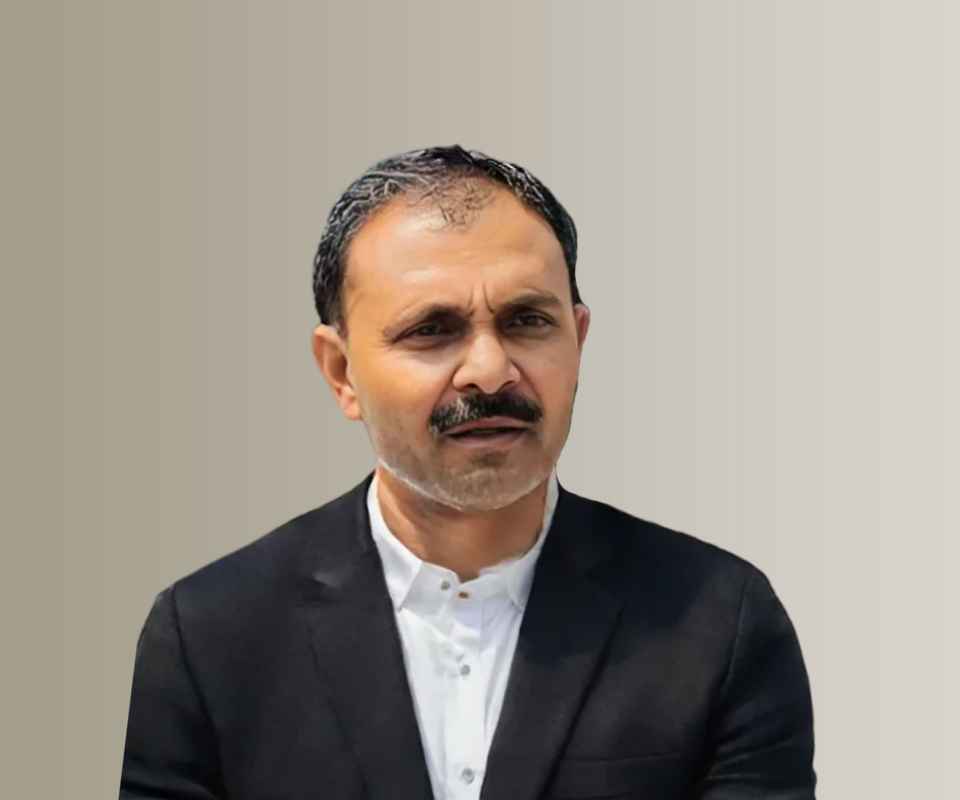Answer By law4u team
When parents are falsely accused by their children, it can be a distressing and challenging experience. Legal protections exist to safeguard parents' rights and ensure they are not unfairly penalized based on untrue claims. Here's how the law typically protects parents in such situations:
1. Presumption of Innocence
In legal matters, parents are presumed innocent until proven guilty. This principle applies even when the accusation comes from a child. Authorities, such as child protective services (CPS), law enforcement, and courts, are required to investigate allegations thoroughly before taking any punitive action against parents.
2. Investigation and Evidence
When a child makes an accusation, an investigation is usually initiated. This can involve interviews with the child, the parents, and witnesses, as well as an examination of any physical evidence. The burden of proof lies with the accuser, meaning that the state or relevant authority must gather substantial evidence before making any decisions about the parent's conduct. This ensures that parents are not falsely accused without proper verification.
3. Child Custody and Parental Rights
In cases of custody disputes, false allegations are often used as a tactic to gain favor in court. Family law courts are cautious when such accusations arise. Judges will look for consistency in the child's testimony and examine the credibility of the accusation. If a parent can provide evidence showing the accusation is false, it could influence the custody decision and prevent wrongful removal of the child or termination of parental rights.
4. Defamation Laws
If a child’s false accusation results in harm to a parent’s reputation, they may have the right to pursue a defamation claim. While it can be difficult to prove defamation in these situations (especially if the child is a minor), parents can take legal action if the false claim was made publicly and caused significant harm to their reputation or emotional well-being.
5. Protection from Emotional and Psychological Harm
False accusations can cause severe emotional distress for parents. In some cases, parents can seek damages for emotional suffering caused by the accusation, particularly if it leads to reputational damage or unwarranted legal proceedings. Mental health professionals may be consulted to assess the psychological toll on the parent.
6. Legal Defense Against False Allegations
Parents facing false accusations can seek legal representation to defend themselves. A lawyer specializing in family law can help gather evidence, cross-examine the child (if appropriate), and challenge the allegations in court. The defense may involve questioning the child's motivations or highlighting inconsistencies in their testimony.
7. Special Considerations for Minor Children
Courts recognize that children may sometimes make false or exaggerated claims due to emotional manipulation, confusion, or misunderstanding. In such cases, the court might appoint a guardian ad litem or a child psychologist to determine the credibility of the child’s statement and assess their emotional state. The court will also take the age and maturity of the child into account when evaluating the claim.
Example:
If a child falsely accuses a parent of abuse during a custody battle, the parent should:
- Seek legal advice immediately to protect their parental rights.
- Collect evidence such as alibis, witness statements, or video footage that contradict the accusation.
- Request a psychological evaluation for the child to assess the motives behind the false allegation.
- Work with law enforcement or child protective services to ensure the accusation is thoroughly investigated.







